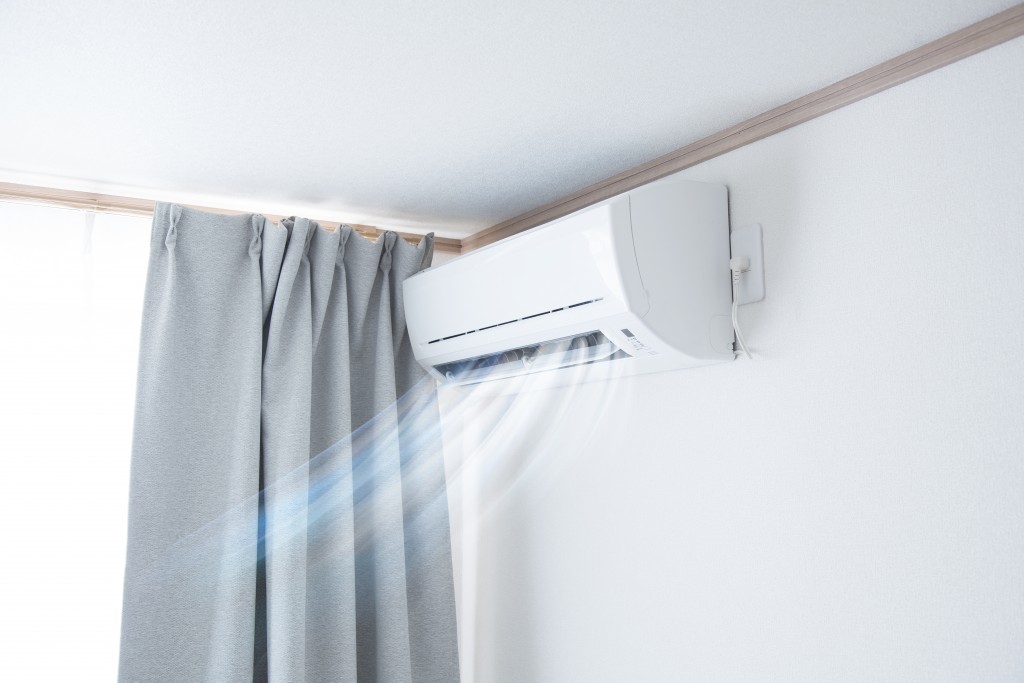One can’t be too careful about getting sick in this day and age. One of the most important parts of a home that most homeowners overlook is the air quality. While it’s not necessarily something that might cause health complications at the present moment, prolonged exposure to toxins in the air can often lead to most inhabitants getting sick or getting respiratory complications in the near future. As such, we have to ensure that we emphasize having clean air that everyone can safely breathe in.
But what are the dos and don’ts in having better air at home? Here are some insights that might help you.
Regulate Essential Oil Use
Contrary to what most people think, essential oils are far from “natural” and can even have detrimental effects on the body if it’s not regulated.
Most of the time, people will use air diffusers in tandem with essential oils in making the air quality of their home “better.” But this emerging trend is known to irritate the lungs and can even cause allergic reactions if a person’s body doesn’t take well to a particular substance. In a particular study done on some of the widely produced essential oils, such as eucalyptus, lavender, and tea tree oil, the following compounds were measured:
- The level of CO2 in the air
- The level of carbon monoxide in the indoor environment
- The number of volatile and unstable organic compounds that is present in the atmosphere
- Particles that might irritate the respiratory tract
- “Antiseptic” substances that are diffused in the air.
The researchers have shown the following results:
- An increased number of toxic gases in the air in carbon monoxide, dioxide, and volatile organic compounds can damage the lungs.
- The antiseptic substances suspended in the air will diffuse from the area within the span of 30 to 60 minutes.
- Most of the chemicals that were used for these essential oils are known to also exist among insects and coniferous plants. Although not exactly harmful, this can still cause allergic reactions among particular individuals.

Use Air-Purifying Plants
Instead of using essential oils to “purify” the air, you can use plants and trees to purify your home instead. Not only will you be able to save money that would otherwise be spent on energy bills, but you’ll have cleaner and fresher air that won’t irritate your lungs. If you’re living in an area that doesn’t necessarily have that many plants or trees, you can always have a tree surgeon plant your tree of choice. You’re essentially killing two birds with one stone; this will make your garden look good while giving you fresh air to breathe!
But other than planting trees in your garden, there are also a variety of indoor plants that don’t necessarily need too much sunlight or daily maintenance. Here are some indoor plants that you place inside your home:
- Spider plant — If you’re starting your indoor planting hobby, the spider plant is one of the easiest plants you can maintain. You don’t necessarily need to water it all the time, and it doesn’t need that much sunlight either.
- Dragon Trees — This is known for filtering out benzene, xylene, and other air toxins. This tropical plant will usually thrive in environments with lots of moisture in the air, so it’s a great addition to humid spaces, such as bathrooms or close to the swimming pool.
- English Ivy — This is by far one of the most popular plants mentioned in NASA’s famous study of clean air. It’s proven to be an effective means of filtering out contaminants in the air. It’s also known for having medicinal properties, which makes it a great plant to have indoors.
- Philodendron — This tropical plant is known for cleaning air indoors. It’s known for filtering out formaldehyde, a toxin that usually comes from smoking cigarettes and burning fuel from cooking appliances.
Avoid Burning Candles
It’s important to avoid burning scented candles when trying to relax and set the mood straight with your partner. Burning candles, especially ones that are scented, can affect the overall air quality of your home.
In several studies conducted in Europe, typical households that often use candles seem to have a breath higher concentration of particulate matter that can disrupt the lungs’ operations. Even two hours of burning candles can lead to an increase of 60% in particles suspended in the air.
Most of the studies have led these researchers to conclude that these UFPs or tiny particles can eventually penetrate the lung’s structure. While there are still more studies that need to be done regarding these particles, it’s clear that burning candles, incense, and just about anything inside your home can have detrimental effects on the respiratory system.
For most individuals, their household’s air quality might be overlooked, but it is still an important factor to consider. There are practically endless ways of increasing the air quality of your home without having to buy intricate air purifiers and diffusers. Something as simple as placing indoor plants in key areas of your home or even placing trees in your garden are just some ways of naturally making the air of your home easier to breathe in.

